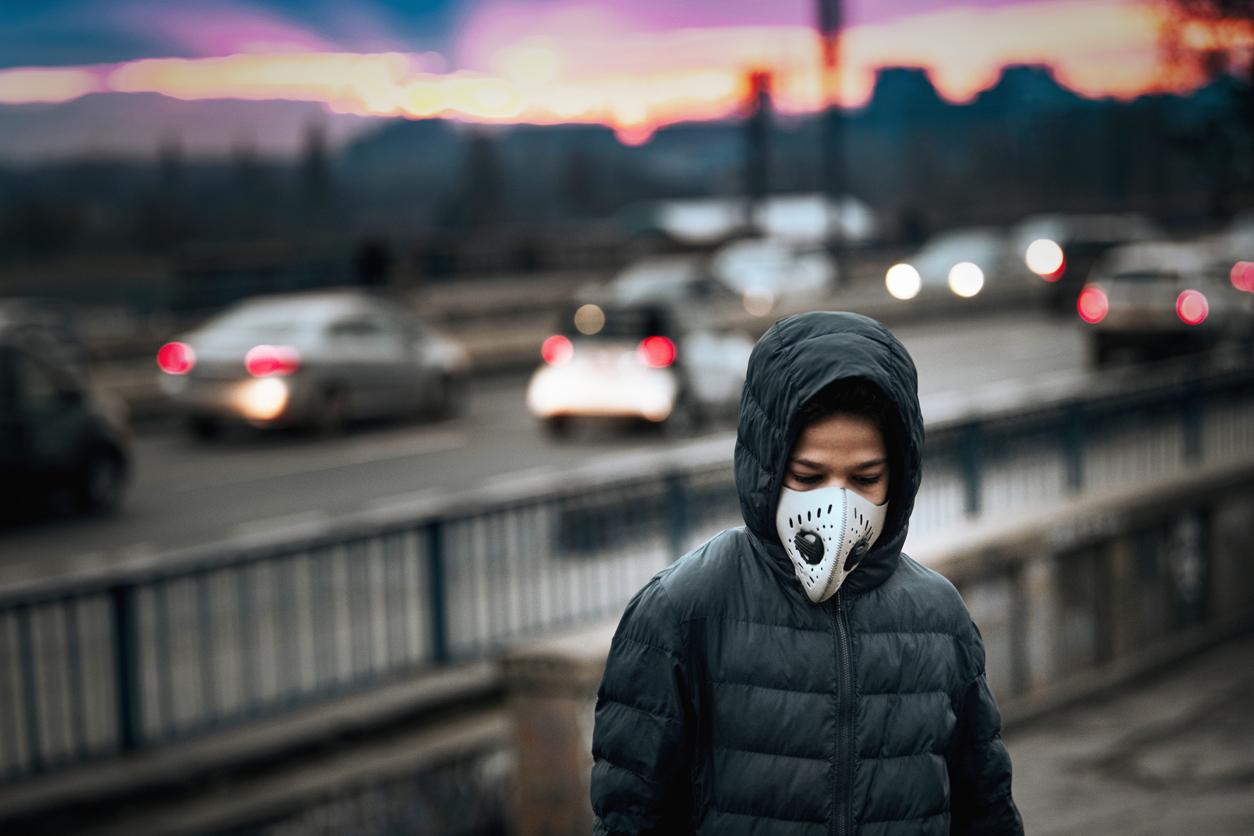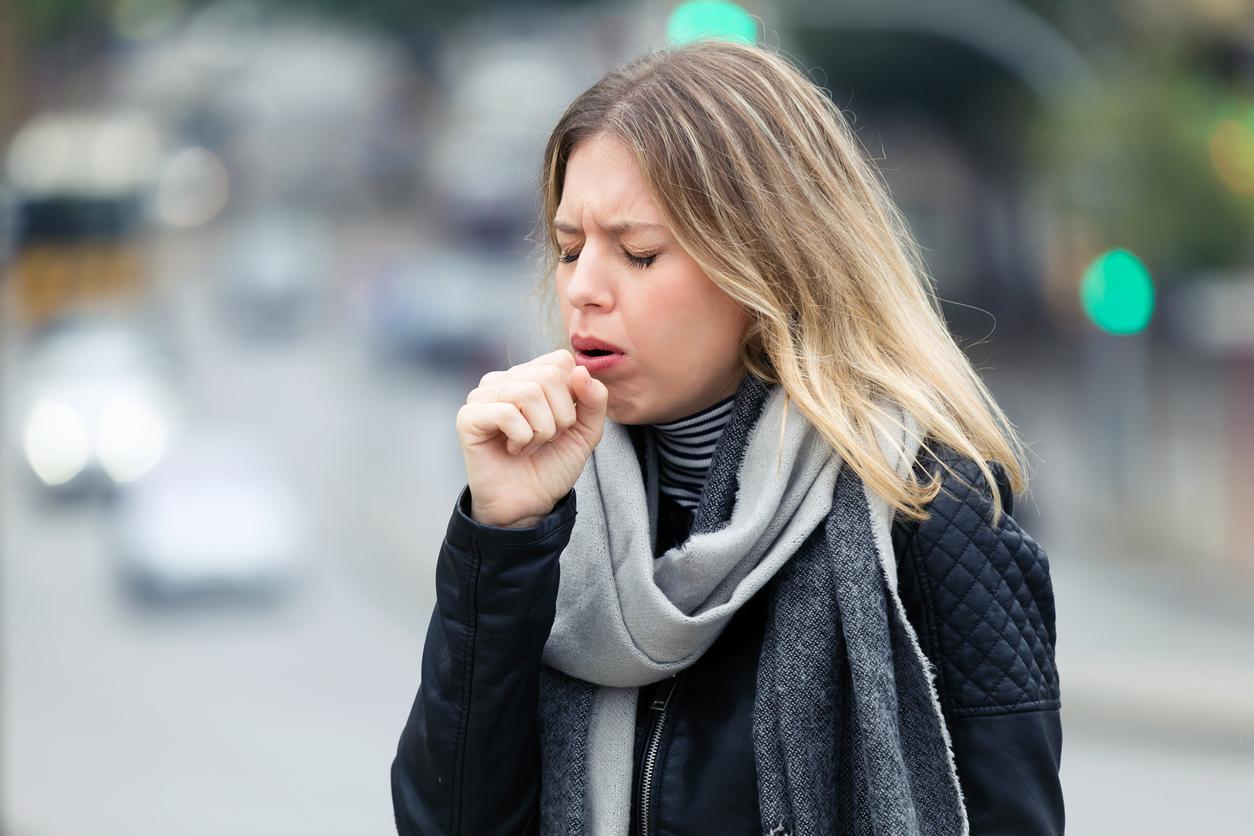A dry cough and quinteuse, with fever, sometimes higher than 39 ° C, announces a bronchitis. It often occurs after damage to the upper respiratory tract (colds, laryngitis, etc.). “In 90% of cases, it is a virus that causes inflammation,” specifies Dr. Alexandra Panajotopoulos, ENT (Paris), and we also feel stiffness and fatigue. After 3 or 4 days, these symptoms usually recover, apart from the cough which can become oily (you spit) and last for several weeks. “But nothing preventing you from having a normal activity. THE’self-medication generally enough, unless you are fragile, and therefore subject to complications.
Dry cough or fatty cough?
Irritation, itching at the back of the throat which causes a reflex cough: it is a dry cough. If she wakes up at night and becomes very annoying, tiring, a cough syrup in the evening can help to have better nights (Clarix, Fluisedal, Humex, Polery …). In homeopathy: Drosetux or Stodal syrup …
Secretions at the back of the throat which are embarrassing and which one tries to expel by coughing: the cough is fatty. In this case, do not takecough suppressants, because it is the cough that will facilitate their evacuation. We can use mucolytics to make sputum more fluid, but the effectiveness of these “aids” is not unanimous (Acetylcysteine, Carbocisteine, Fluimicil …). And avoid taking them in the evening: they will make you cough to evacuate the secretions during the night.
In homeopathy: Spirodrine, Pulsatilla 5CH (3 granules 4 to 5 per day), Calcarea carbonica 5CH (3 granules 5 to 6 times per day).
It is better to consult if the cough is strong at the outset and the temperature high, as this can be bacterial bronchitis to be treated with antibiotics. If after 5 to 7 days, fatigue and fever are still present and the secretions turn green, see the doctor. The flu could have complicated matters, or the bronchitis progresses to pneumonia. The clinical examination, sometimes additional examinations (chest x-ray, blood test) will allow the doctor to clarify things. It is important to see a doctor if you have another cough three weeks later to check that another disease is not behind this symptom. Even without fever.
Flu, COPD, whooping cough, it’s different
Influenza : the symptoms are basically the same. But if you are quickly unable to get out of the bottom of your bed because of a carabine fever, sweating and tired, flu is more likely.
Chronic pulmonary disease (COPD), it can be responsible for episodes during which the respiratory signs intensify. It is safer to consult your doctor.
Whooping cough : in adults, the symptoms are sometimes more subtle than in children, but when it appears, the cough is dry, suffocating. It occurs in fits and makes the resumption of wheezing.
Pneumonia is much more serious
Pneumonia is not a disease to be taken lightly. Its symptoms also give an impression of seriousness: the cough is important and bothersome. Fatigue and fever are such that it is difficult to get out of bed. Pain in the chest, headaches are often present. We must consult. The doctor will usually order a chest x-ray and a biological test to determine the causative organism. More than half of pneumonia is bacterial, often following untreated or superinfected bronchitis. Antibiotics are then necessary. In some, breathing can become difficult, even painful, especially in frail, elderly or immunocompromised people … it becomes difficult to get oxygen properly. Hospitalization may then be necessary. Otherwise, classic pneumonia heals within a week.
Read also: Dark chocolate, an unusual remedy for coughs
Cough: honey more effective than syrups
Cold: what if your bronchitis was due to heating?

















